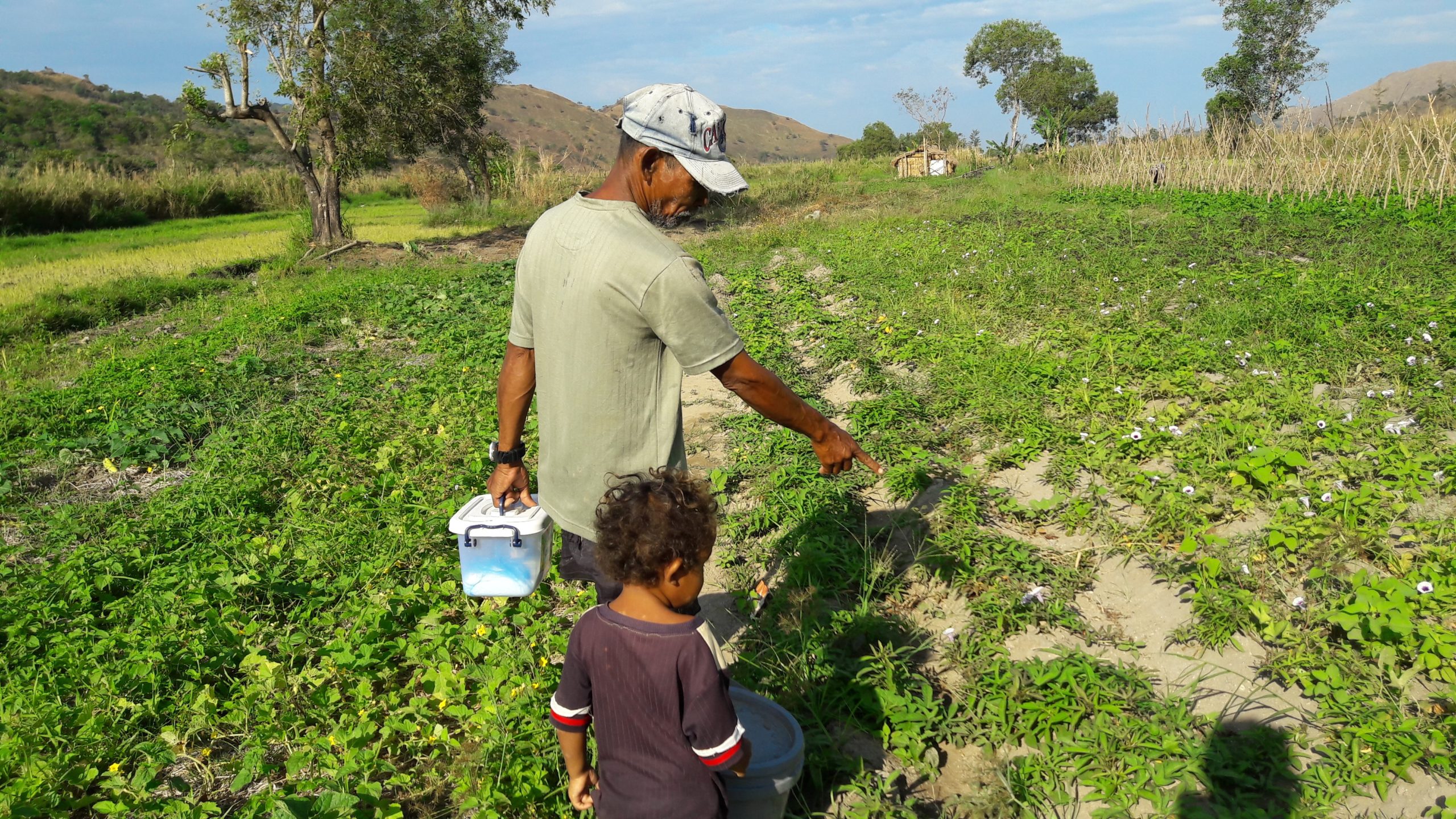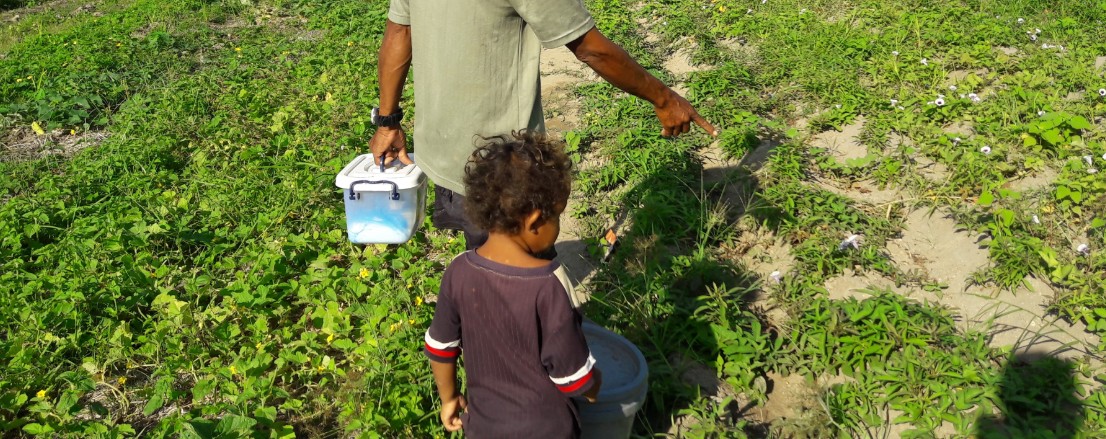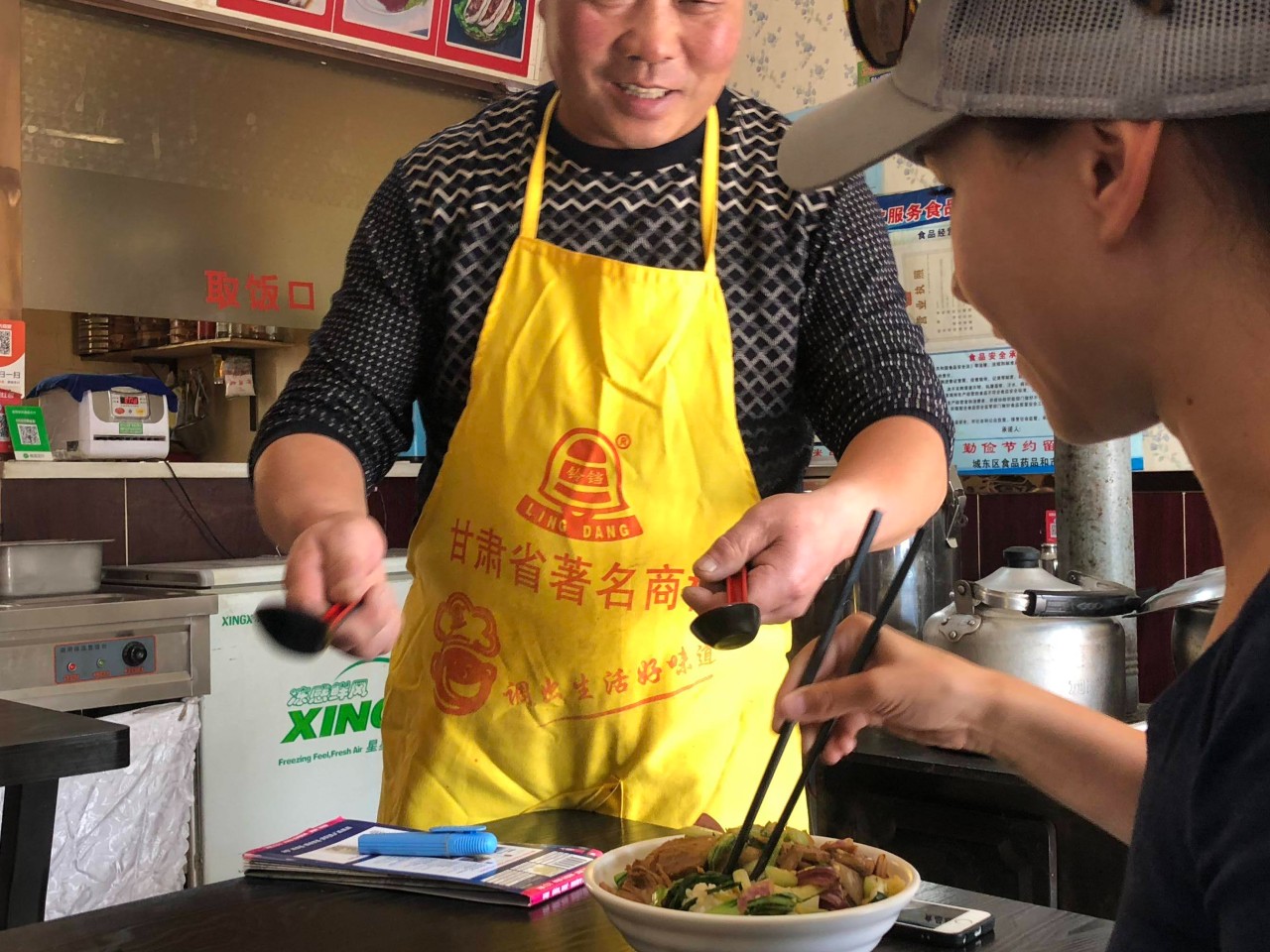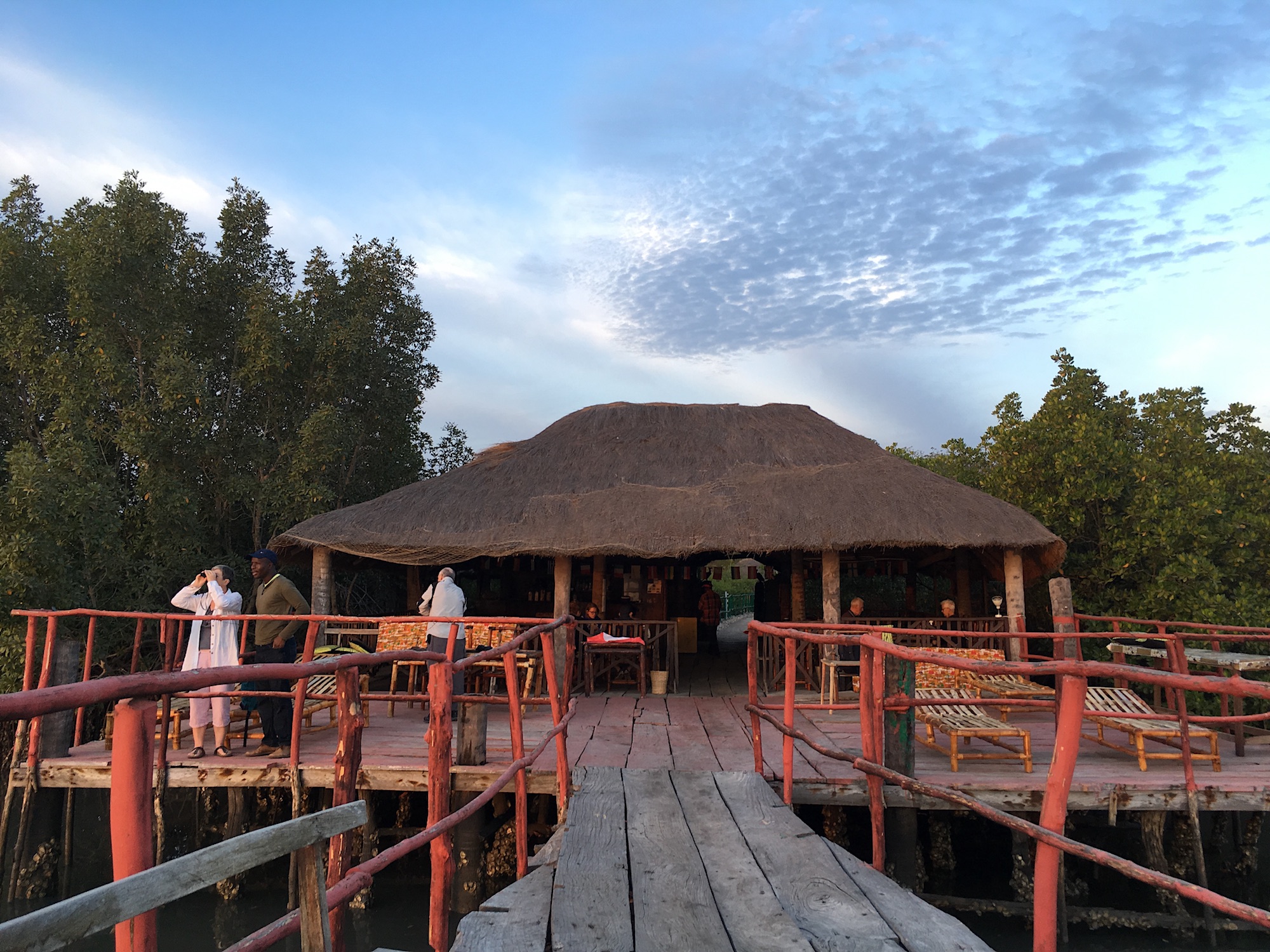
Tribal Farming in Zambales
< 1 min readWhat comes to your mind when you think of the Philippines? Maybe Duterte, tropical islands, fresh fruit or volcanoes? One unique thing about the Philippines is that it’s home to 14-17 million indigenous people who belong to 110 ethnolinguistic groups, according to UNDP. The Philippines has this beautiful and precious indigenous culture.
On the island of Luzon, there is the Zambales province. Inside of this province is the rural village of the Aeta in San Felipe. Where the Yangil tribe work hard to promote and increase sustainable projects. Many projects involve re-forresting trees, growing food and a herbal healthcare forest.
Tribes in the Philippines are great assistance in keeping the local land fertile. A 57-year-old farmer Kuta Alex oversees to watermelons, beans, rice and sweet potatoes. Amazingly, planted on volcanic ash and mud near to the foothills. To keep his crops fresh, he has to hurl buckets of water by hand to hydrate them daily.
Kuta Alex’s house is a hut made out of tree trunks and grass. Nearby his home is Ipil-Ipil trees which are a species crucial for reforestation. The seeds are drought-tolerant, have fast growth and its biodegradable leaves shed nitrogen. When he’s not farming, Kuta Alex and the Yangil tribe like to give everything they have back to the community. They live off a culture of sharing and giving. As Ethical Travellers, we should learn from this and have the intent to share with everyone life’s greatest moments.
To read more about the Aeta and Kuta Alex, you can visit here.
Sorry, the comment form is closed at this time.




